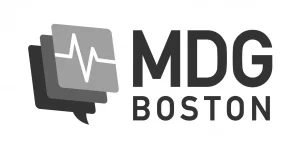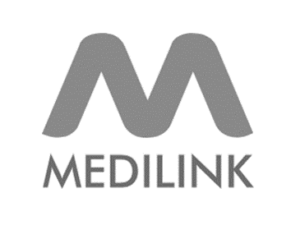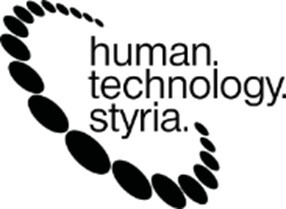Mental health technology has seen significant advancements in 2025, leveraging cutting-edge innovations to improve accessibility, personalization, and effectiveness.
Below are the key developments shaping the landscape of mental health care.
Key Developments
Artificial Intelligence (AI) and Machine Learning
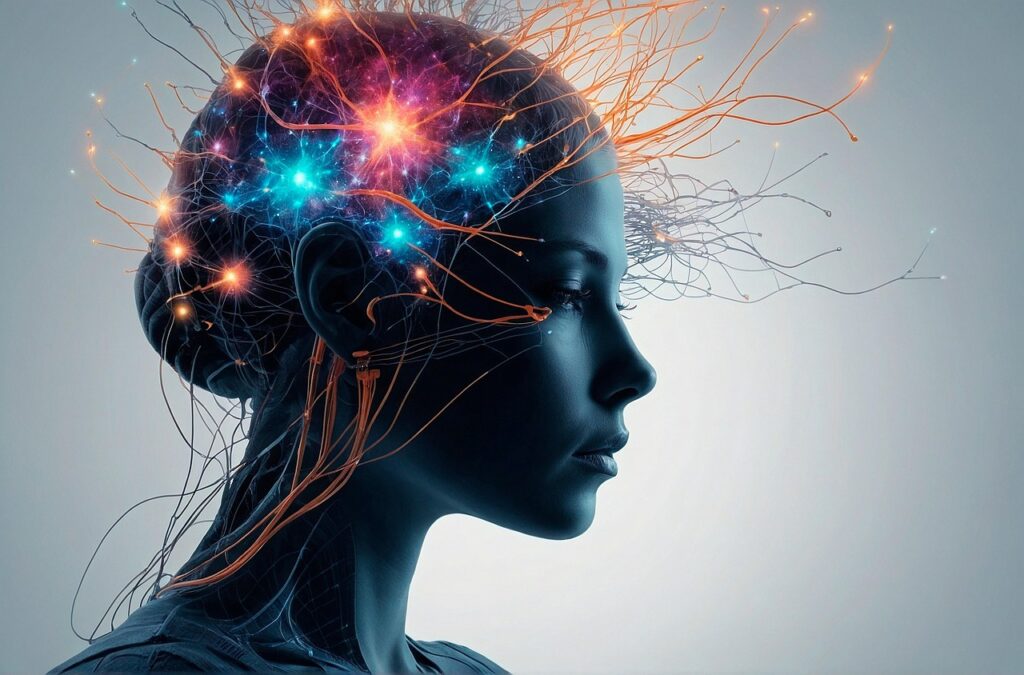
AI has become central to mental health care, offering tools that enhance diagnosis, treatment, and support:
Personalized Therapy: AI tailors therapy sessions to individual needs, improving outcomes.
Chatbots and Virtual Therapists: AI-powered chatbots like Woebot provide 24/7 emotional support and cognitive-behavioral therapy (CBT), making mental health care more accessible.
Predictive Analytics: AI algorithms predict mental health crises such as suicide attempts with high accuracy, enabling timely intervention.
Emotion Recognition Systems: AI analyzes user emotions through facial expressions or voice patterns to provide proactive support.
Virtual Reality (VR) and Augmented Reality (AR)
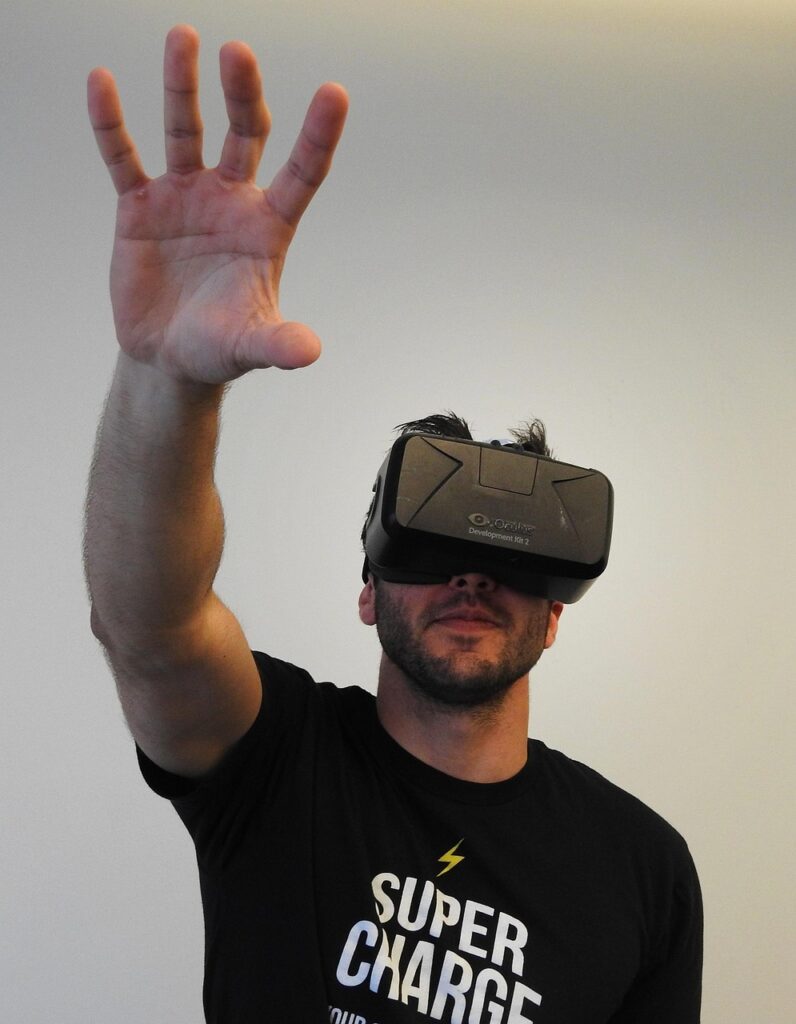
Immersive technologies like VR and AR are transforming therapy:
Exposure Therapy: VR creates controlled environments for patients to confront fears such as phobias or PTSD.
Stress Reduction: Virtual spaces designed for relaxation help alleviate anxiety and stress.
Social Skills Training: VR provides safe scenarios for practicing interpersonal interactions.
These technologies make therapy more engaging and accessible, with platforms integrating VR into devices like Meta Quest or HTC Vive.
Wearable Technology
Wearables are increasingly integrated into mental health care:
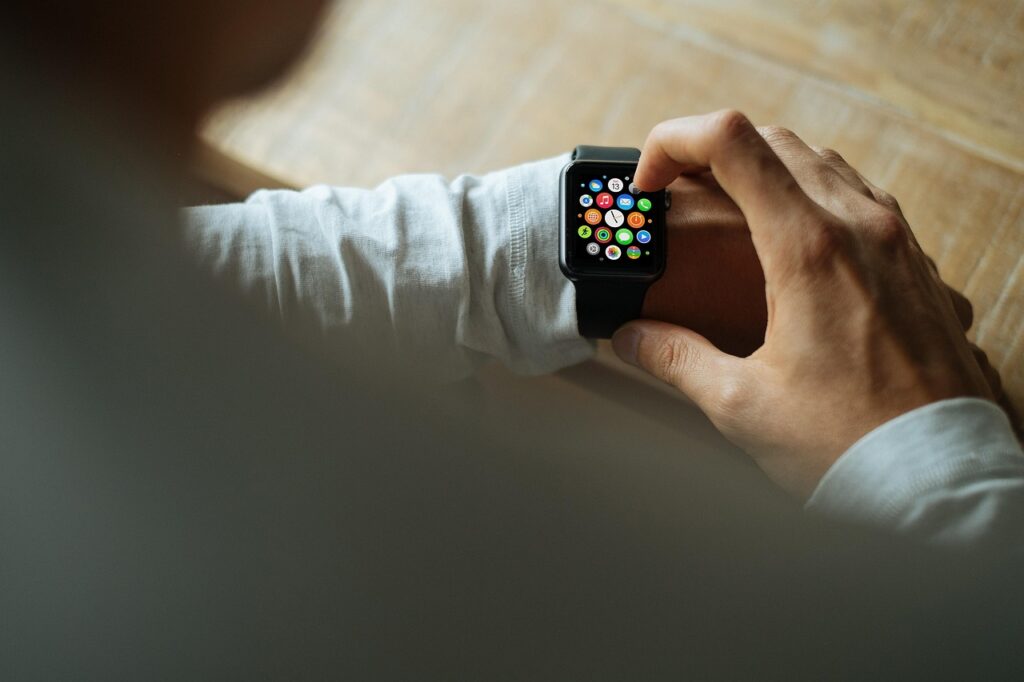
Devices like Apple Watch, Fitbit, and Oura Ring track stress levels, sleep patterns, and emotional states using biometric sensors such as electrodermal activity (EDA).
Many wearables now feature guided meditation and mindfulness exercises, combining data insights with practical tools for managing mental health.
Mobile Apps
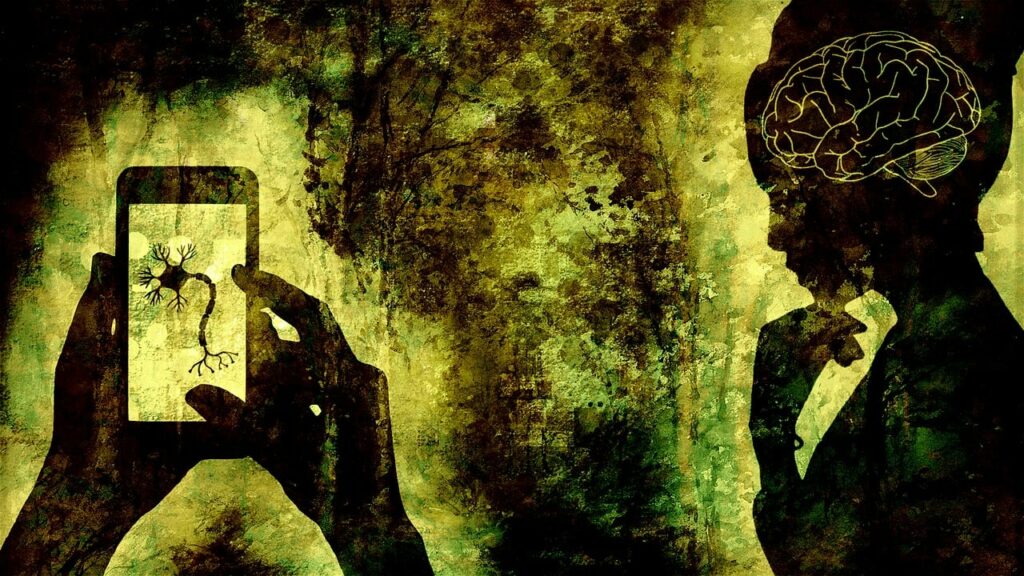
Mobile apps continue to revolutionize mental health care:
Apps like Headspace offer mindfulness routines, while Woebot and Wysa provide AI-driven emotional support.
Features include mood tracking, CBT exercises, crisis text lines, and access to professional resources.
The global mHealth market is projected to grow significantly due to increased adoption of smart devices.
Blockchain Technology

Blockchain is addressing privacy concerns in mental health care:
Platforms like Avalanche ensure secure storage of sensitive mental health data through decentralized systems.
Blockchain enables peer-to-peer support networks where users retain control over their data while fostering trust in online communities.
Telehealth and Remote Therapy

Telehealth has become a staple in mental health care:
Platforms like Talkspace and BetterHelp allow users to connect with licensed therapists via video calls or text messages, breaking barriers of accessibility and stigma.
Big Data Analytics
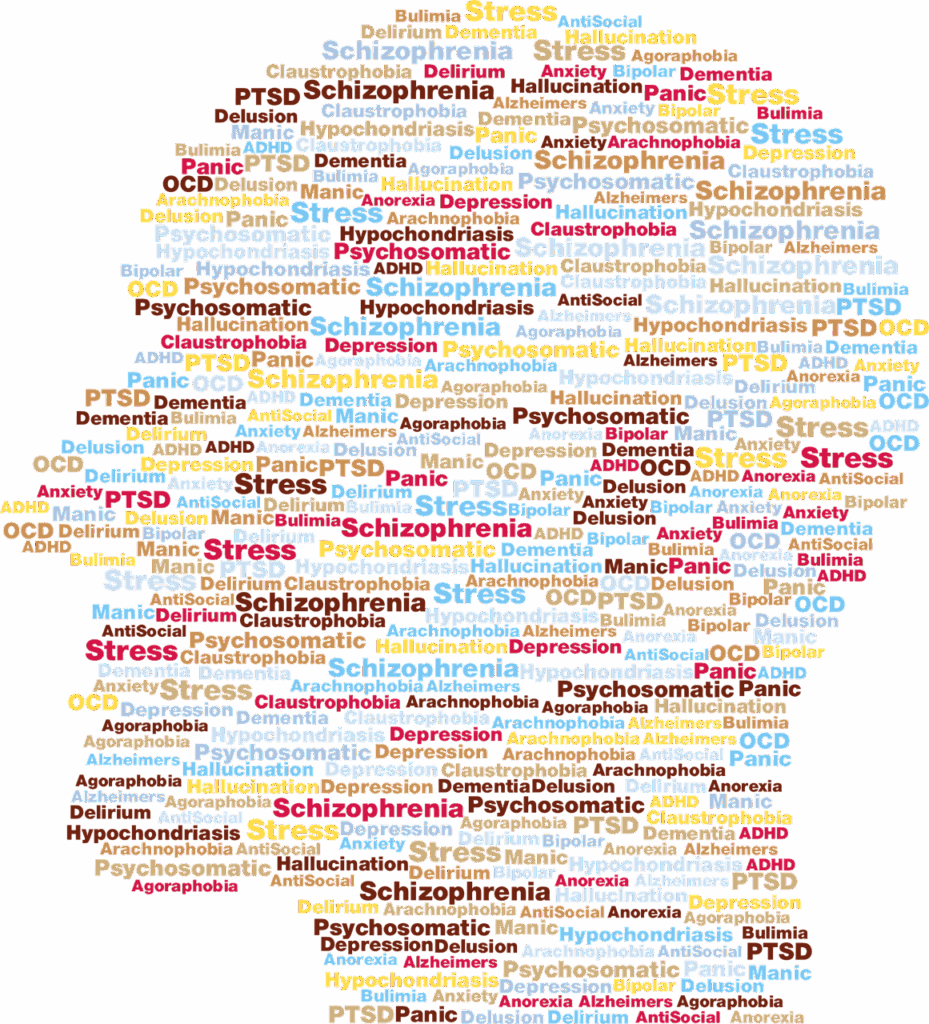
Data analytics is being used to identify global mental health trends:
By aggregating anonymized data, companies can develop targeted interventions for specific demographics or industries experiencing burnout or other challenges.
Gaming for Mental Health
Gamified approaches are being integrated into therapy:
Games designed for relaxation or mindfulness provide engaging ways to manage stress and anxiety.
Future Outlook
The future of mental health technology includes further personalization of care through genetic data analysis and lifestyle tracking.
Integration into everyday devices like smart homes will make mental health monitoring seamless.
Additionally, these advancements aim to make care more affordable and accessible globally.
Sources
https://onix-systems.com/blog/technology-in-mental-health
https://toxigon.com/mental-health-technology
https://www.ilounge.com/articles/how-technology-is-changing-mental-health-care-in-2025
https://www.linkedin.com/pulse/how-technology-shaping-mental-well-being-2025-mentalsynch-p5kjf










